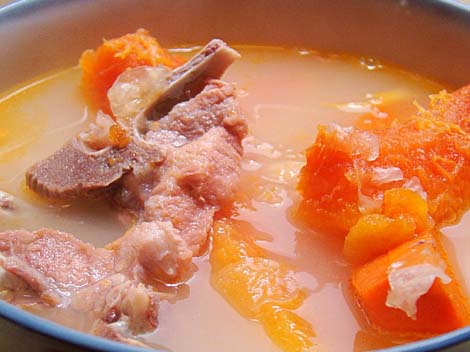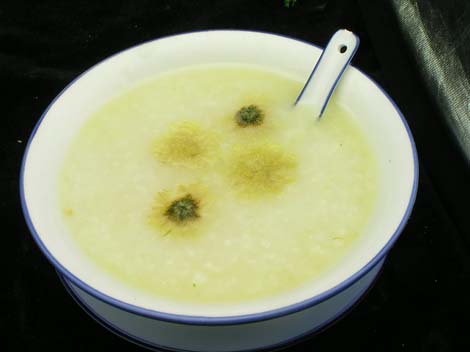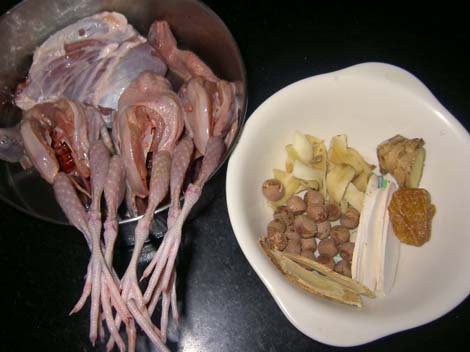more>>More News
Medicinal Gourmet
By admin on 2015-01-29
In China, it is commonly believed that medicine and
food share the same roots. If one chooses the right food and medicinal herbs and
carefully arranges them according to Chinese medical theory, one's diet can be
surprisingly beneficial to their health. The history of Chinese medical food can be traced
back to the Warring States Period two thousands years ago, where an ancient
medical text lists a recipe for "stewed mutton with angelica." Ever since, doctors of all the past dynasties have
devoted themselves to studying the intersection between cuisine and medicine.
Medicinal cuisine gradually developed to become an influential branch of the
Chinese medical system and continues to influence people today. Medicinal cuisine is specially formulated to address
the distinctive nutritional needs of a disease that cannot be met by more
traditional food. Such foods are a careful combination of Chinese medical
knowledge and traditional cuisine. Medicinal food is not only different from general
food, but also from medicine. In medicinal cuisine, traditional staples continue
to remain the dominant ingredient, which goes against the ancient saying that
"good medicine tastes bitter." Emphasis is put on an effective but, more
importantly, delicious combination of both food and medicine. People are accustomed to taking tonics in winter,
however, according to Chinese medical theory, people also need to pay particular
attention to their health during the summer. As the weather heats up and days
grow longer, the hot weather and fierce sun take a toll on our bodies and
deplete important nutrients. Consequently, it is important to eat "cooling"
vegetables and fruits such as Lotus seed, chrysanthemum and Chinese wax
gourd. Like any fine food, medicinal cuisine is an art that
takes time and practice to perfect. Below we list four medicinal cuisines that
are well-suited for summer and encourage you to have a try!


- Contact Us
-
Tel:
0086-571-88165708
0086-571-88165512E-mail:
admission@cuecc.com
- About Us
- Who We Are What we do Why CUECC How to Apply
- Address
- Study in China TESOL in China
Hangzhou Jiaoyu Science and Technology Co.LTD.
Copyright 2003-2024, All rights reserved





 Chinese
Chinese
 English
English
 Korean
Korean
 Japanese
Japanese
 French
French
 Russian
Russian
 Vietnamese
Vietnamese
